The Hidden Power Mental Health Of Sports Benefits For Kids
Unlocking the Hidden Mental Health Benefits of Sports for Kids
Game Changers
Engaging children in sports is often seen as a way to keep them physically active and healthy. But beyond the obvious physical benefits lies a world of invisible mental health advantages that are just as vital. From building resilience to reducing anxiety, sports can profoundly impact a child’s mental and emotional well-being in ways that might not be immediately visible.
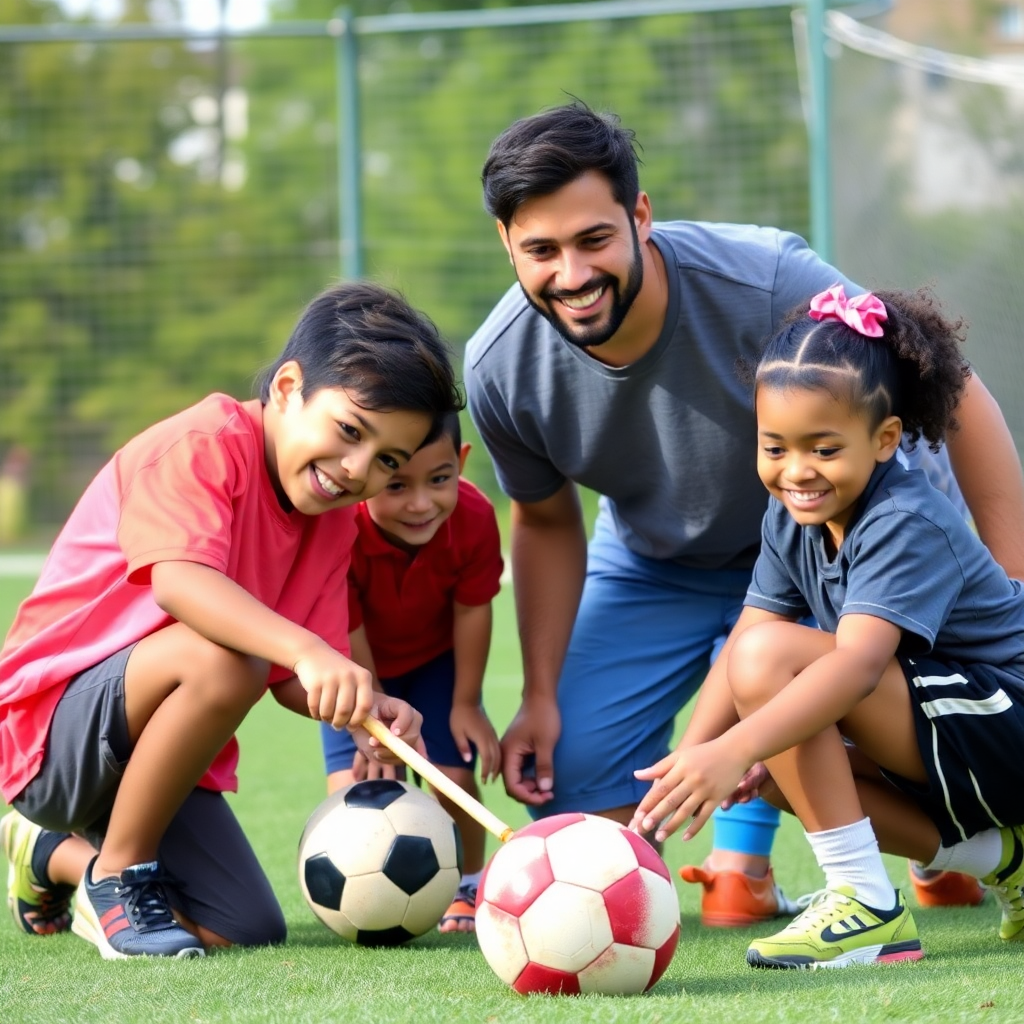
Building Resilience and Confidence
Participating in sports teaches children how to tackle challenges, overcome setbacks, and handle success gracefully. Whether it’s losing a game or perfecting a difficult skill, sports provide a safe space for kids to navigate life’s ups and downs. This constant cycle of effort, improvement, and reward bolsters their confidence and resilience, empowering them to face challenges off the field too.
Additionally, celebrating achievements, big or small, on the pitch reinforces a positive self-image. Kids begin to recognize their capabilities and learn that dedication pays off, which can have ripple effects on their overall outlook on life.
Enhancing Social Skills and Teamwork by Mental Health
Through team sports, children learn essential interpersonal skills. They discover the importance of collaboration, effective communication, and understanding different perspectives. These interactions aren’t just about winning games—they’re building blocks for forging meaningful relationships in the long run.
Even in individual sports, kids interact with coaches, peers, and mentors, further nurturing their social confidence and ability to connect with others.
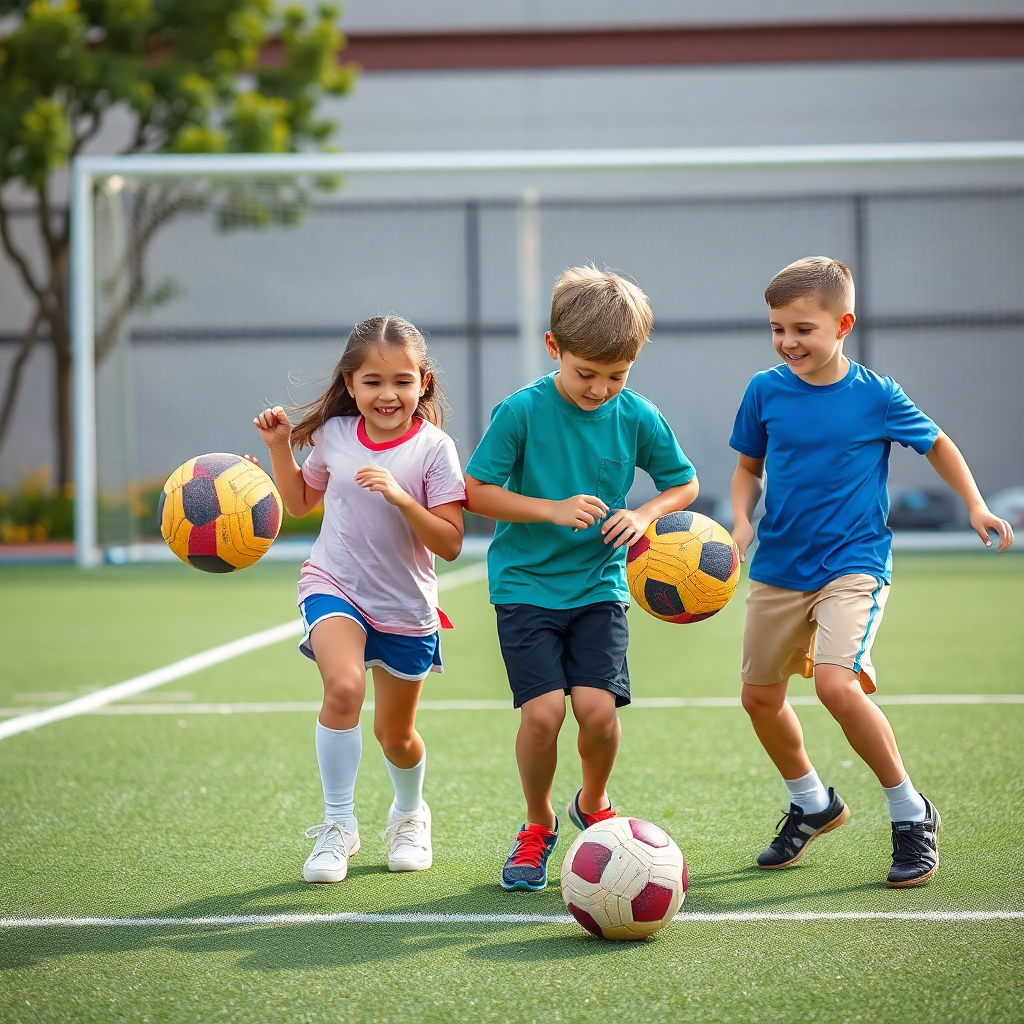
Reducing Anxiety and Stress by Mental Health
Physical activity is a natural stress reliever, and sports take it up a notch with their structured and engaging environment. For kids dealing with school pressures or personal challenges, a game or practice session can be a therapeutic break. The endorphins released during exercise act as mood elevators, helping to reduce anxiety and improve emotional stability.
Sports also encourage mindfulness. Being present in the moment—focused on the ball, the track, or the goal—offers an escape from worries and teaches kids to manage their emotions more effectively.
Developing Healthy Coping Mechanisms
The inevitable highs and lows of sports teach children how to process emotions constructively. Instead of bottling up frustrations, they learn to channel their energy into productive outlets. This foundational skill can guide them through tough times throughout their lives.
Moreover, the structured nature of sports helps kids develop routines, instilling discipline that aids in managing time, responsibilities, and stress.
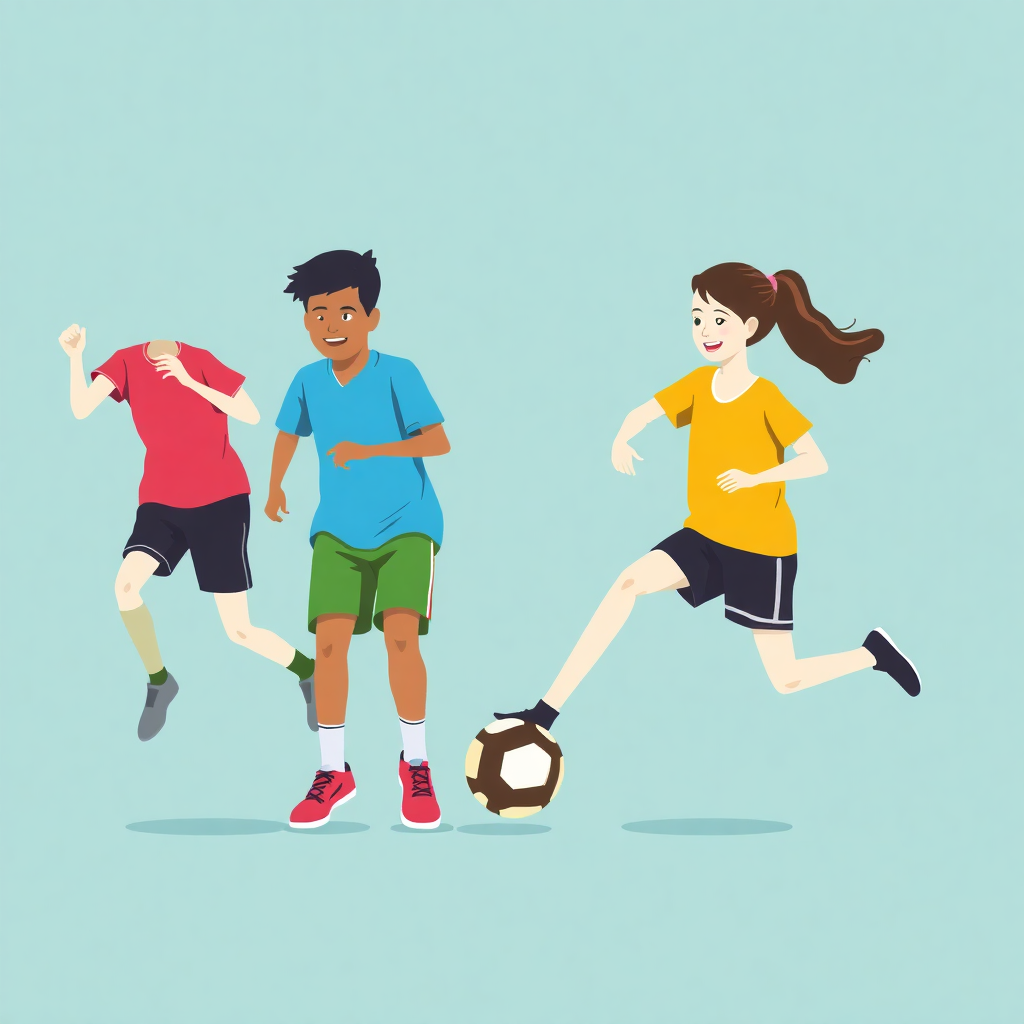
Fostering a Sense of Belonging
Sports often create a tight-knit community where children feel valued and supported. This sense of belonging can be especially beneficial for those who struggle with isolation or low self-esteem. Knowing they’re an integral part of a team or group provides kids with a sense of identity and purpose, which is essential for mental well-being.
Promoting Emotional Regulation
Sports provide children with an outlet to experience and manage a range of emotions—from the thrill of victory to the disappointment of defeat. Over time, this helps kids develop emotional regulation skills that are critical for maintaining mental equilibrium and building self-awareness.
Improving Sleep Quality
The physical exertion involved in sports often leads to better sleep quality. Kids who participate in regular physical activity tend to fall asleep faster and enjoy deeper, more restorative sleep. Improved sleep directly supports mental health, reducing irritability and boosting mood.
Instilling Leadership Qualities
Being part of a team environment often encourages children to take on leadership roles, whether formally or informally. These experiences help build confidence, decision-making abilities, and the capacity to guide and inspire others—skills that are invaluable both on and off the field.
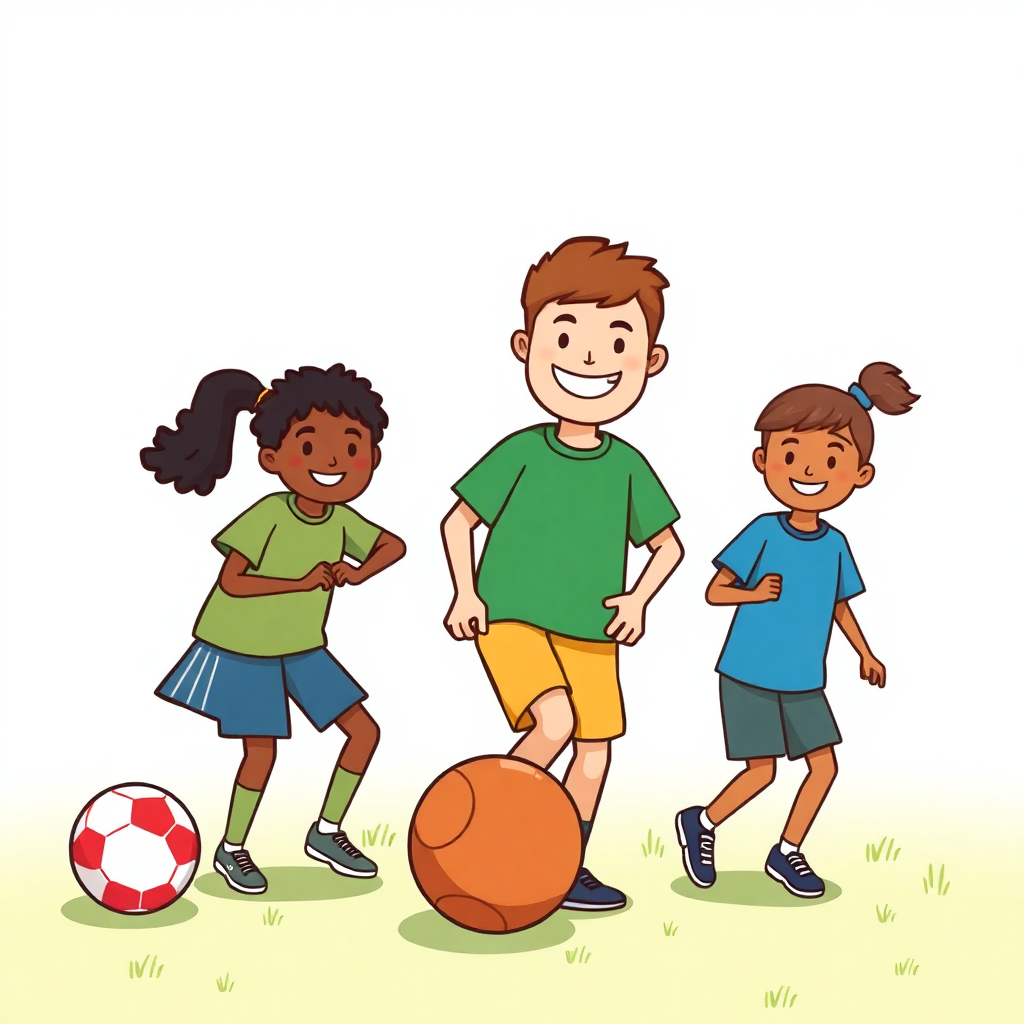
Encouraging Problem-Solving Skills
Sports often involve quick thinking and strategic decision-making. Whether it’s devising a play or adjusting tactics mid-game, kids develop problem-solving skills that translate into other aspects of their lives, such as academics or social interactions.
Nurturing a Growth Mindset
Sports reinforce the idea that success comes from perseverance and effort, cultivating a growth mindset in children. They learn to embrace challenges, view failures as opportunities to grow, and persist in the face of difficulty—all of which are essential for lifelong mental resilience.
Conclusion
While sports are often associated with physical achievements, the mental health benefits they bring to children are equally significant. They cultivate resilience, confidence, and social skills, while also providing an emotional outlet and a sense of belonging. By encouraging kids to engage in sports, we’re not just helping them stay active—we’re equipping them with essential life skills and a solid foundation for emotional well-being. Let’s champion sports as a key to unlocking the hidden strengths within our children and shaping them into well-rounded individuals.
Join the Discussion
What are your thoughts on the mental health benefits of sports for kids? Have you noticed a positive impact on your child, a student, or even yourself growing up through sports?
#SportsForKids #MentalHealthAwareness #HealthyKidsHappyKids #YouthDevelopment #ActiveMinds #InvisibleBenefits #ResilienceThroughSports #ConfidenceBuilding #TeamworkSkills #StressReliefForKids #EmotionalWellness #MindfulActivities #ProblemSolvingSkills #LeadershipQualities #GrowthMindset #SocialSkillsForKids #BetterSleep #PhysicalActivityBenefits #CommunityBelonging #MentalHealthMatters #HealthyHabits #ChildDevelopment #MindBodyConnection #PlayToThrive #SportsPsychology #PositiveParenting #StrongFoundation #MentalWellbeing #FutureLeaders #KidsWhoThrive
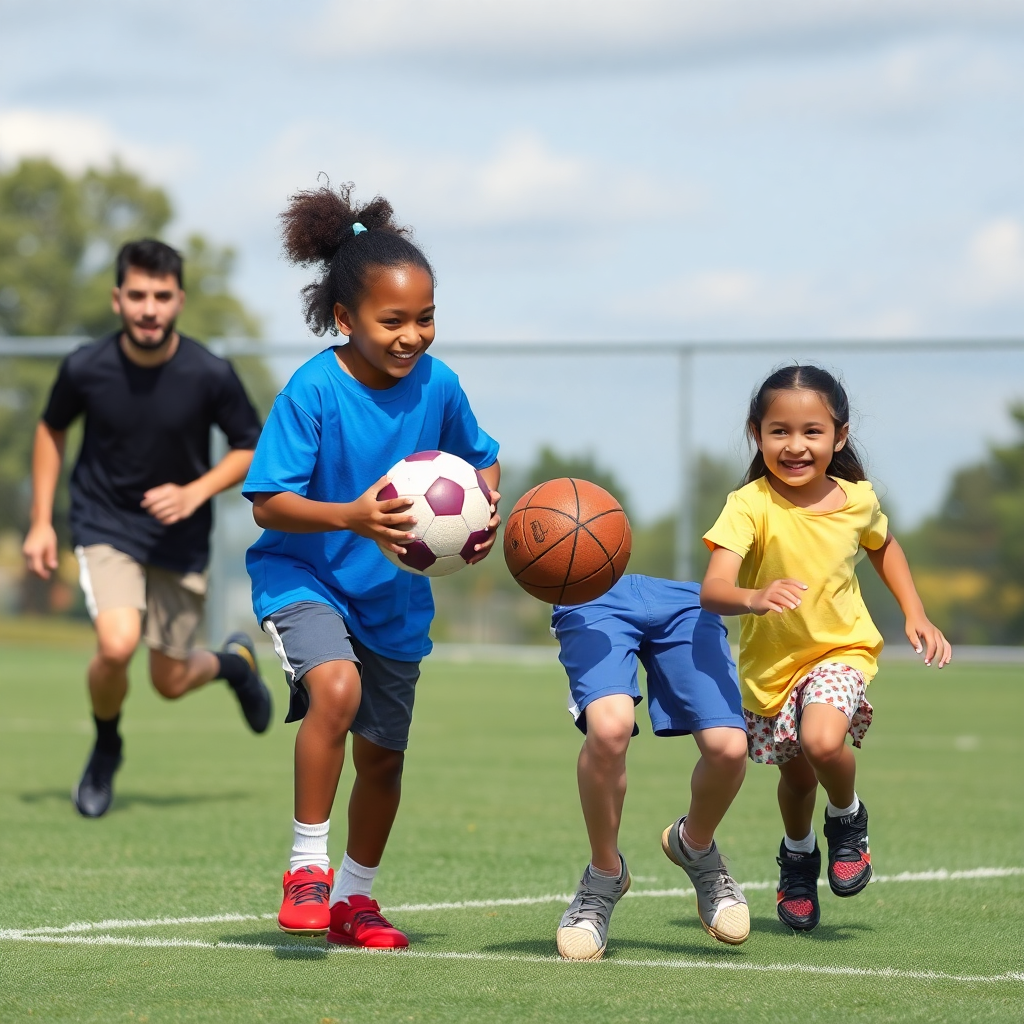






A compelling perspective! I’ve covered similar concepts on my site—would love to hear everyone’s thoughts.